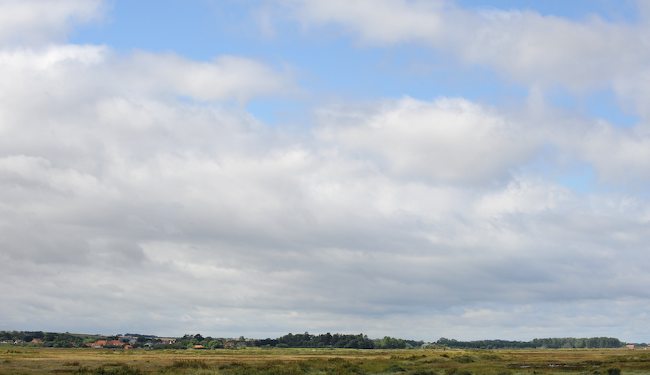I’m working on a theory of incompetent systems — i.e systems which are in danger of catastrophic failure but which, for various reasons (absence of effective feedback loops, undue power of vested interests, etc.) will not be able to fix themselves in time to avoid catastrophic failure. Climate change looks to me like an incompetent system problem. Intellectual property law is another. And the American healthcare system is yet another. Watching the way the public debate about health reform in the US has been maliciously hijacked by powerful vested interests was reminiscent of the way debates about IP are skewed. But healthcare is far more important, and yet it’s being allowed to happen. It’s unbelievable.
Not surprisingly, therefore, I was struck by this blast from Mark Anderson. Excerpt:
If it were not such a tragic struggle, watching the entrenched interests fighting any change in the U.S. healthcare system would be vaguely amusing, like watching elephant races.
Unfortunately, these aren’t cute elephants, but a cancer on our society: the growth in their wastefulness, and in the value they subtract from the healthcare process every year, is bankrupting good companies, destroying the business foundations of the country, and enriching a few at overwhelming cost to the many.
While the American healthcare system has many problems and parts, it does not defy analysis. And while it will take many different reforms to perfect it, just a single change would bring it back from the dead. The problem is simple: private insurance companies. These groups do not have patient care in mind; they are only focused on extracting money from the system. They do not even operate as part of a healthcare system: with the same basic structure, they could extract money from any supply chain.
The worst part of this scheme is that the real customer, the patient, is essentially prevented from being the customer. She does not know the cost of her care, she has little or no control over those costs, and the result is the vendor is free to drive them to the sky, with everyone getting a cut – except the patient. Why not charge $100 for aspirin? Who cares? Why not charge 2x for a broken leg? Why not run 4x too many MRIs? Who cares? The MRI vendor is happy, the hospital with the new machine needing to be paid off is happy, the doctor getting paid per use, and reviewed for quotas, is happy, and the patient – Who cares?
Most insurance companies learned long ago that their real business is in investment: life insurance companies are the obvious early case. Collecting and paying out premiums and claims is just a sideline, a way to get the cash needed for the investment business. You knew this, right?
So it is with American healthcare. These companies are not in the business of healthcare: they are in the business of extracting as much cash as possible from the system, on a compound annual growth basis which is 3-4x the cost of living. How much would they spend to keep this bloodletting from being interrupted? Well, the bank lobby spent $1B to remove the Glass Steagall protections, just before the banks helped blow up the US economy. I would guess that what we are seeing right now, in Washington, DC, is the largest amount of money ever spent on lobbying a single cause – all in the name of retaining a broken system, one which costs more than twice the next one down, one often classified as something like 37th in the world, just behind Slovenia…
When the US — after eight years of moronic, destructive, wasteful government — succeeded in electing Obama I remember being struck by the country’s extraordinary ability to reinvent itself. Now I’m not so sure. Maybe Obama was just a blip?
On the other hand, if he can succeed in getting meaningful healthcare refore passed, then he will go down as the greatest president since FDR.


